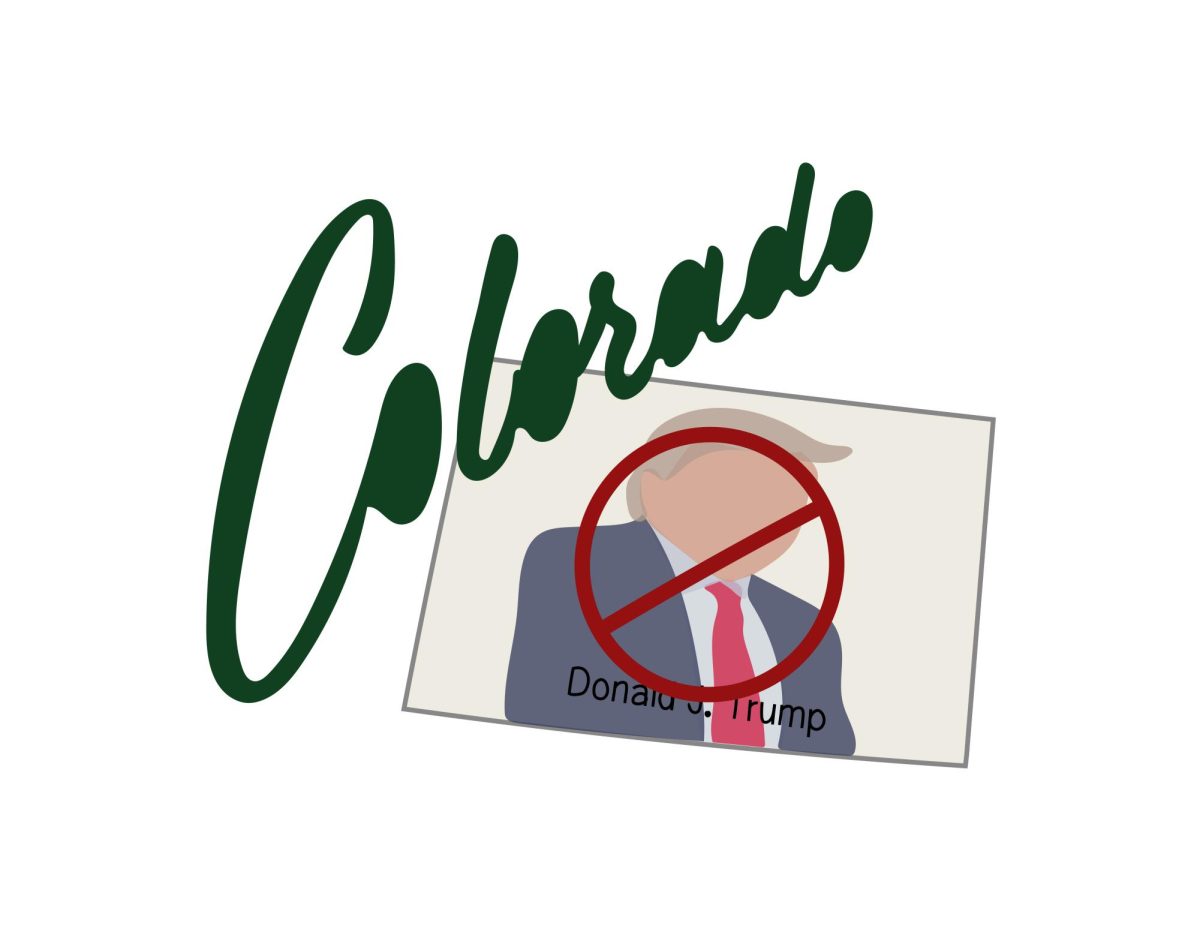In a groundbreaking decision that left some in a state of uncertainty and others cynically rolling their eyes, the Colorado Supreme Court ruled on December 20th that former President Donald J. Trump is disqualified from running for office again due to his involvement in the January 6th Capitol insurrection.
Never before has a presidential candidate – let alone the most popular candidate in an upcoming election – been deemed unable to run. This historic ruling calls to Section Three of the 14th Amendment, which prevents people engaged in insurrection against the United States (after taking an oath to uphold it) from holding office. While the decision currently only affects Colorado, its implications could shape the course of the 2024 election. Trump’s campaign is already indicating an appeal to the U.S. Supreme Court.
In a four-justice decision, the majority of the Colorado Supreme Court found that Trump’s actions on January 6, 2021, fall under insurrection. The ruling directs the Colorado Secretary of State to exclude Trump’s name from the state’s Republican primary ballot. It does not, however, address the general election, which left many confused as to what the broader implications are.
Swiftly thereafter, Trump’s campaign declared its intention to appeal the decision to the U.S. Supreme Court. The Colorado justices anticipated this move, putting their ruling on hold until January 4, when the Supreme Court was back in term. This legal suit could force the nation’s highest court to make a definitive decision applicable to all 50 states.
The decision now rests on interpreting the Constitution, which the Colorado Court stated applies to the presidency. This section disqualifies individuals who engage in insurrection from holding a civil or military office but does not specifically state the title of president. The justices acknowledged the gravity of their decision and expressed that they applied the law without fear or favor.
The U.S. Supreme Court, with its 6-to-3 conservative majority and three justices appointed by Trump himself, is already under political pressure. The court faces a series of Trump-related cases, from the obstruction charges related to January 6th to his immunity claim from the criminal prosecution of the riot. The ruling’s potential to impact the democratic process drew numerous varying reactions. Supporters of the decision, like Noah Bookbinder of Citizens for Responsibility and Ethics in Washington, hailed it as necessary to protect the future of democracy. Meanwhile, Trump’s campaign denounced the decision, framing it as an attempt by Democrats to interfere in the election and politically persecute him.
As we wait to hear the ruling, many are forced to consider the possible remolding of our nation’s political landscape and the dangers that arise with the legitimate removal of Trump from the ballot. With the 2024 election looming on the horizon, all eyes are on the highest court in the land to provide clarity on the application of Section 3 of the 14th Amendment and the future of American politics.
This article also appears in our January 2024 print edition.















